Sudan
Sudan has protested to the UN Security Council against Egypt, accusing Cairo of organising voting in a disputed border area during last month’s Egyptian presidential election.
Foreign Minister Ibrahim Ghandour said Khartoum filed a complaint after Egypt held voting in the Halayeb triangle, a border territory claimed by both Khartoum and Cairo.
Egypt held a presidential election in March that saw President Abdel Fattah al-Sisi re-elected for a second term.
“We have complained to the UN Security Council against Egypt for organising voting in Halayeb during its presidential election in March,” Ghandour told lawmakers in parliament on Tuesday.
Ghandour said that between December and March, Egypt had also undertaken some fishing and mining projects in the triangle.
Ghandour added that Khartoum had also protested about the demarcation of borders between Egypt and Saudi Arabia that showed “Halayeb as part of Egypt”.
“Our position of full sovereignty on Halayeb triangle is something that is not negotiable.”
Tension
Egypt’s occupation of the Halayeb triangle, which lies near the Red Sea in a mineral-rich border region, has been a bone of contention between the two neighbours for decades.
Khartoum says Halayeb has been part of its sovereign territory since shortly after independence in 1956.
Tension between Cairo and Khartoum rose particularly since last year after Sudanese President Omar al-Bashir accused Egyptian intelligence services of supporting opposition figures fighting his troops in the country’s conflict zones like Darfur.
Ties between the two were further strained after Turkish President Recep Tayyip Erdogan visited Khartoum earlier this year.
Turkey and Egypt have tense relations since the Egyptian military ousted Islamist president Mohamed Morsi in 2013, a close ally of Erdogan.
In recent months tension also rose between Egypt, Sudan and Ethiopia over a controversial dam that Ethiopia is building along its share of the Nile.
Cairo fears that once commissioned the dam will reduce water supplies from the Nile to Egypt.
Egypt relies almost totally on the Nile for irrigation and drinking water, and says it has “historic rights” to the river, guaranteed by treaties from 1929 and 1959.
The Blue and the White Nile tributaries converge in Sudan’s capital Khartoum and from there run north through Egypt to the Mediterranean.
AFP



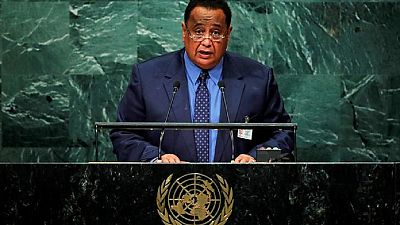

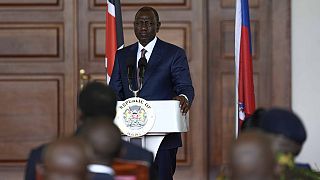
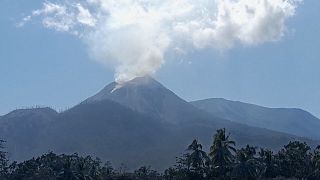
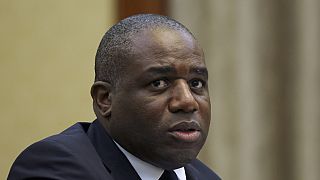
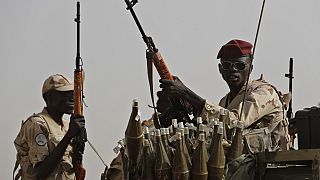
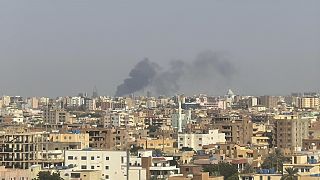
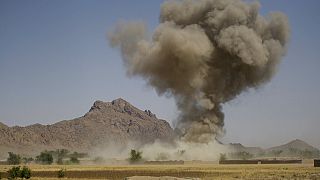
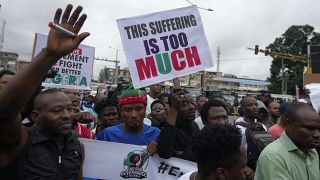

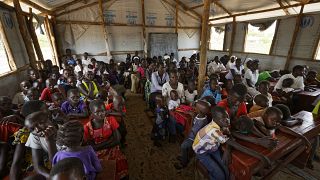
00:56
South Sudan's peace monitoring body meets to discuss election postponement
02:31
UN extends Western Sahara mission amidst abstentions and Algerian protest
02:20
Ancient meets modern: contemporary art show opens at Giza Pyramids
02:17
Nearly 500 million children live in conflict zones, face violations - Report
01:34
Widespread condemnation of Israel's decision to ban UN relief agency
01:01
War affects over 600 million women, UN says